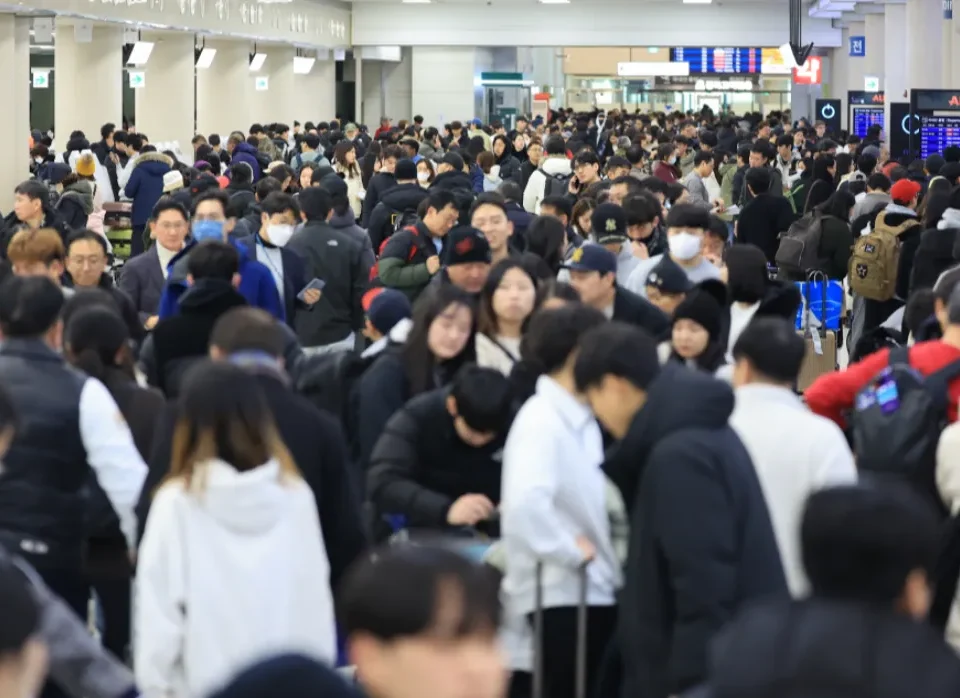Every year on 19 August, the world comes together to mark World Humanitarian Day, honoring those who risk their lives to provide relief during conflicts, disasters, and humanitarian crises.
While the spotlight often shines on doctors, nurses, and aid workers on the ground, there is another group working tirelessly behind the scenes — Third-Party Administrators (TPAs).
These unsung heroes ensure that in the chaos of unstable regions, medical claims are processed quickly, accurately, and without unnecessary bureaucratic hurdles. This behind-the-scenes efficiency allows humanitarian workers to focus on saving lives rather than navigating complex reimbursement systems.
Understanding Crisis Zones and Their Medical Challenges
Crisis zones — whether struck by war, natural disasters, or epidemics — present extreme challenges for medical support.
- Infrastructure collapse: Hospitals may be damaged or destroyed.
- Scarcity of resources: Medical supplies, clean water, and trained staff are often limited.
- Unstable communication channels: Internet and phone access can be disrupted, slowing coordination.
For humanitarian missions, medical assistance is not just about treatment; it’s about sustained support, including insurance claims processing that ensures every dollar is accounted for and every injured worker receives the care they deserve.
Who Are TPAs and Why Do They Matter?
A Third-Party Administrator (TPA) is an independent organization that handles insurance claims processing and administrative services for insurers, NGOs, and aid agencies.
In humanitarian contexts, TPAs:
- Verify medical claims to ensure legitimacy.
- Coordinate with hospitals to secure treatment even before formal approvals.
- Facilitate reimbursements for emergency evacuations and urgent care.
Without TPAs, NGOs and field volunteers could face delays in medical care, risking lives in situations where every second counts.
The Life-and-Death Importance of Fast Claims Processing
In a stable city, a claim delay might mean inconvenience.
In a conflict zone, a delay can mean loss of life.
Example scenario:
A volunteer injured in a flood rescue operation in a remote village requires urgent helicopter evacuation. Without instant claim approval from the TPA, payment guarantees to the air ambulance provider could stall, delaying rescue.
TPAs eliminate bottlenecks by:
- Using digital claim submission platforms that work even with low bandwidth.
- Maintaining 24/7 multilingual call centers.
- Pre-negotiating agreements with global healthcare providers.
Supporting NGOs and Volunteer Networks
Humanitarian NGOs rely on rapid mobility — deploying teams within hours of a crisis.
TPAs become administrative anchors by:
- Ensuring field medics can access funds for emergency surgeries.
- Processing claims for mental health support after traumatic missions.
- Managing long-term treatment reimbursements for injuries sustained during aid work.
For volunteers, knowing that medical and evacuation costs will be handled efficiently provides peace of mind — enabling them to serve without constant financial anxiety.
How TPAs Operate in Unstable Regions
Operating in a war zone or disaster-hit area comes with extreme unpredictability. TPAs adapt by:
- Partnering with local clinics to extend medical coverage.
- Using secure payment channels like mobile banking when standard systems collapse.
- Employing risk mapping to anticipate claim surges in specific regions.
This agility ensures that claims are processed in real time, even in places where conventional insurance systems grind to a halt.
The Technology Advantage
Modern TPAs use cutting-edge tools that make humanitarian claims processing more reliable:
- AI-based fraud detection to prevent misuse of limited humanitarian funds.
- Blockchain-based records for secure, tamper-proof medical documentation.
- Telemedicine integration to provide medical consultations before claims are submitted.
Technology doesn’t just speed up claims — it saves lives by reducing approval times from days to hours.
Coordination Between TPAs and Humanitarian Missions
TPAs maintain liaison officers who coordinate directly with NGO mission leads.
This coordination allows:
- Pre-approval of high-risk medical evacuations.
- On-ground claims verification without needing volunteers to submit excessive paperwork.
- Centralized reporting to donor agencies for financial transparency.
Financial Accountability and Donor Confidence
Humanitarian missions are often funded by public donations and individual government donors. TPAs help maintain donor trust by:
- Providing auditable claim records.
- Preventing fraudulent billing from unverified providers.
- Ensuring fund allocation matches the mission’s intended use.
Beyond Physical Health: Mental and Emotional Support
Crisis response takes a heavy emotional toll. Many TPAs now cover:
- Counseling services for trauma recovery.
- Post-mission health monitoring for long-term stress effects.
- Claims for therapy sessions even months after a mission ends.
The Hidden Cost of Unprocessed Claims
When claims are delayed or denied without due reason, the impact is felt in:
- Mission slowdowns due to reduced volunteer confidence.
- Increased personal debt for injured aid workers.
- Lower morale among field staff.
This makes TPA efficiency a direct factor in humanitarian mission success.
Challenges TPAs Face in Crisis Zones
While TPAs are critical, they face challenges such as:
- Unstable exchange rates affecting claim payouts.
- Political restrictions on transferring funds to certain regions.
Despite this, their operational resilience ensures humanitarian aid keeps flowing.
Celebrating the Hidden Heroes
On this World Humanitarian Day, while we honor the bravery of frontline medical staff and aid workers, we must also recognize TPAs — the invisible force ensuring that humanitarian missions keep running smoothly.
Their swift claims processing, even in unstable regions, turns financial systems from obstacles into enablers, ensuring that help reaches where it’s needed most, when it’s needed most.
FAQs
What is a TPA in humanitarian work?
A TPA processes medical claims for NGOs, volunteers, and aid workers, ensuring they receive timely healthcare support.
How do TPAs operate in unstable crisis zones?
They use mobile, satellite, and blockchain systems to process claims despite damaged infrastructure.
How fast can TPAs process claims in crisis zones?
With advanced tech, some claims are approved within hours instead of days.




